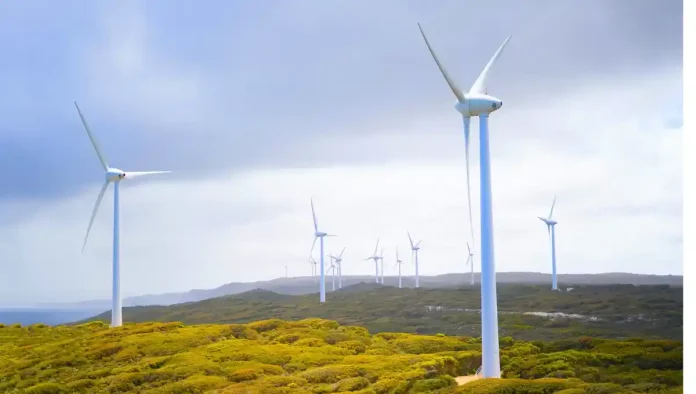The global future of energy sector has been undergoing significant transformations in recent years, driven by a combination of technological innovation, changing economic forces, and evolving public policy priorities. The future of energy is likely to be shaped by a range of factors, including advances in renewable energy, the proliferation of electric vehicles, and the need to address climate change. In this article, we will explore eight key realities that are shaping the global future of energy.
Renewable Energy is on the rise
The use of renewable energy sources such as wind, solar, and hydropower is increasing rapidly. According to the International Energy Agency (IEA), renewable energy accounted for almost 90% of new electricity generation capacity added globally in 2020. This trend is expected to continue as countries seek to reduce their carbon footprint and shift away from fossil fuels.
Energy Storage is becoming increasingly important
The intermittency of renewable energy sources such as wind and solar means that energy storage will play a crucial role in the future of energy. Technologies such as batteries and pumped hydro storage are becoming more affordable and are expected to become increasingly widespread.
Electric Vehicles are the future
The growth of electric vehicles is expected to have a significant impact on the energy sector. According to Bloomberg NEF, electric vehicles are projected to account for 10% of global passenger vehicle sales by 2025 and 28% by 2030. This growth will increase demand for electricity, particularly during peak hours, and will require significant investment in charging infrastructure.
Natural Gas is a transitional fuel
Natural gas has been seen as a transitional fuel that can help to bridge the gap between fossil fuels and renewable energy. However, its use will need to be carefully managed to avoid creating a long-term dependence on this finite resource.
Energy Efficiency is key
Improving energy efficiency is a cost-effective way to reduce greenhouse gas emissions and improve energy security. The IEA estimates that energy efficiency measures could reduce global energy demand by 15% by 2040.
Decentralization of Energy Systems
The traditional model of large, centralized power plants is being challenged by the rise of distributed energy systems. Technologies such as rooftop solar panels and microgrids are allowing consumers to generate and store their own electricity, reducing reliance on the grid and creating new opportunities for innovation.
Energy Access is essential
Despite progress in increasing access to energy in recent years, an estimated 789 million people still lack access to electricity, and 2.8 billion rely on traditional biomass for cooking and heating. Ensuring universal access to affordable, reliable, and sustainable energy will be crucial for achieving global development goals.
The need to address climate change
Climate change remains one of the biggest challenges facing the global community, and the energy sector will play a crucial role in reducing greenhouse gas emissions. According to the IEA, the world will need to achieve net-zero greenhouse gas emissions by 2050 to limit global warming to 1.5°C, and this will require significant changes in the way we produce and consume energy.
Conclusion
The global future of energy is likely to be shaped by a combination of technological innovation, changing economic forces, and evolving public policy priorities. As we have seen in this article, there are many key realities that will shape the future of energy, including the rise of renewable energy, the importance of energy storage, the growth of electric vehicles, and the need to address climate change. By understanding and addressing these realities, we can create a more sustainable and equitable energy system for the future.
